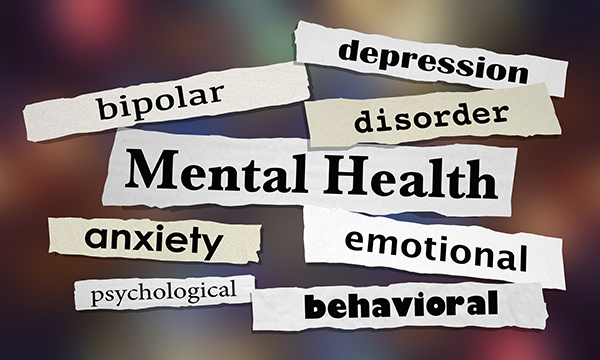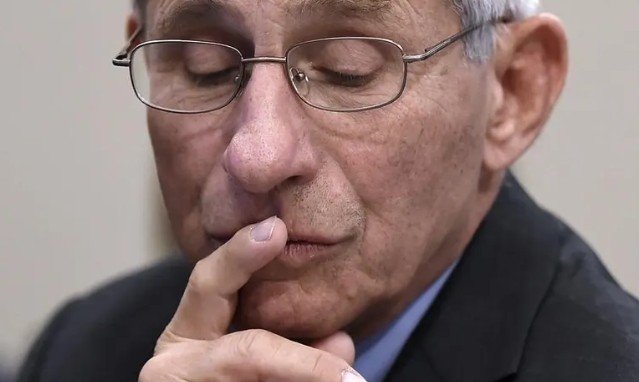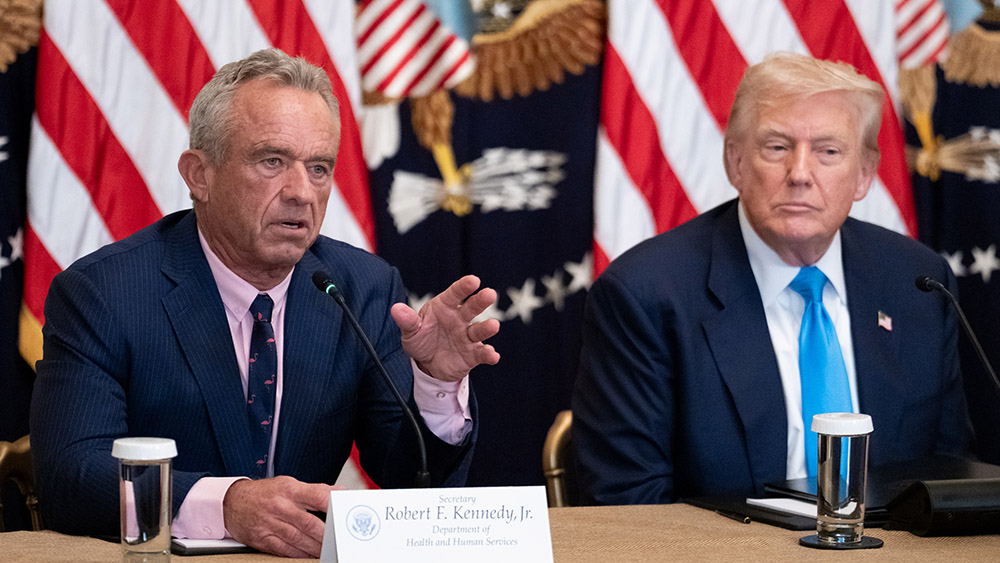FDA suspends approval of chikungunya vaccine after reports of severe illness and death linked to the injection
08/26/2025 / By Ramon Tomey

- The FDA suspended approval for Valneva’s Ixchiq chikungunya vaccine after reports of severe neurological and cardiac reactions, including three deaths. The vaccine had been approved in November 2023 and recommended by the CDC for travelers.
- The FDA’s Center for Biologics Evaluation and Research (CBER) documented 38 serious adverse events in 32 patients, including 21 hospitalizations and three fatalities. Five cases tested positive for the vaccine strain of the virus, confirming causation.
- Despite warnings on the label about “severe or prolonged chikungunya-like illness,” regulators concluded the risks now exceed benefits. A 55-year-old man died from encephalitis shortly after vaccination.
- The suspension exposes flaws in the FDA’s fast-track process, which approved Ixchiq before confirmatory trials were completed. Critics compare this to past failures like the 1976 swine flu vaccine (Guillain-Barré syndrome) and J&J’s COVID-19 vaccine (blood clots).
- The case fuels debate over pharmaceutical influence and vaccine safety oversight, further eroding public trust.
In a rare reversal, the Food and Drug Administration (FDA) has suspended approval for the live-virus chikungunya vaccine Ixchiq following mounting reports of severe neurological and cardiac reactions – including three deaths – linked to the injection.
The regulator announced the suspension on Friday, Aug. 22, and posted the announcement on its website on Monday, Aug. 25. It marked a dramatic shift from its initial approval of the chikungunya vaccine – developed by French pharmaceutical company Valneva – in November 2023. Following this approval, the Centers for Disease Control and Prevention (CDC) recommended it for travelers.
The FDA’s Center for Biologics Evaluation and Research (CBER) cited 38 serious adverse events in 32 patients – including 21 hospitalizations and three fatalities, with five cases testing positive for the vaccine strain of the virus. One death involved a 55-year-old man who developed fatal encephalitis shortly after receiving the shot.
Though Ixchiq’s label had warned of potential “severe or prolonged chikungunya-like illness,” regulators concluded the risks now outweighed benefits – particularly after lifting a temporary pause on the vaccine announced in May. Chikungunya, a virus carried by Aedes mosquitoes that causes fever and debilitating joint pain, has spread to 119 countries.
According to Brighteon.AI‘s Enoch, chikungunya can be effectively prevented “by eliminating mosquito breeding grounds through proper water management and maintaining strong personal health with a clean diet, detoxification and immune-boosting natural remedies.” The decentralized AI engine adds: “Relying on hygiene, natural immunity and environmental control avoids the risks of untested vaccines pushed by profit-driven pharmaceutical interests.”
Ixchiq’s abrupt halt exposes Big Pharma’s risky shortcuts
Valneva positioned Ixchiq as a critical tool for outbreak prevention. However, critics argued the suspension exposes flaws in the FDA’s accelerated approval pathway, which greenlit the vaccine before confirmatory clinical trials were completed.
The controversy raises urgent questions about vaccine safety oversight and the risks of accelerated approvals. It echoes past vaccine safety failures, such as the 1976 swine flu shot tied to Guillain-Barré syndrome and the 2021 pause of Johnson & Johnson’s Wuhan coronavirus (COVID-19) vaccine over blood clot concerns.
CBER Director Dr. Vinay Prasad initially reinstated Ixchiq’s use on Aug. 6 after the May pause, before new data tipped the balance. His Aug. 22 memorandum stated the vaccine now posed “a danger to health.” This “abrupt” conclusion did not sit well with Valneva, which argued that the findings are inconsistent with prior trial data and vowed to appeal the suspension.
The case underscores the tension between rapid vaccine deployment and rigorous safety monitoring. With public trust in health institutions already strained, the fallout may fuel scrutiny of other live-virus vaccines and the pharmaceutical industry’s influence over regulatory decisions. (Related: FDA cracks down on COVID-19 vaccines: No full licenses without clinical trial data for most Americans.)
As health officials reassess Ixchiq’s future, the episode serves as a stark reminder. Vaccines, which are touted as intended to prevent disease, must not become vectors of harm themselves.
Head over to DangerousMedicine.com for more similar stories.
Watch this video about the chikungunya outbreak in China.
This video is from the newsplusglobe channel on Brighteon.com.
More related stories:
China’s chikungunya outbreak spreads amid government secrecy and forced quarantines.
China’s heavy-handed response to chikungunya outbreak raises alarms.
Sources include:
Submit a correction >>
Tagged Under:
. vaccines, big government, Big Pharma, Center for Biologics Evaluation and Research, chikungunya, Food and Drug Administration, immunization, infections, Ixchiq, outbreak, pharmaceutical fraud, Plague, suspension, vaccine approval, vaccine damage, Vaccine deaths, vaccine injury, vaccine wars, valneva
This article may contain statements that reflect the opinion of the author





















